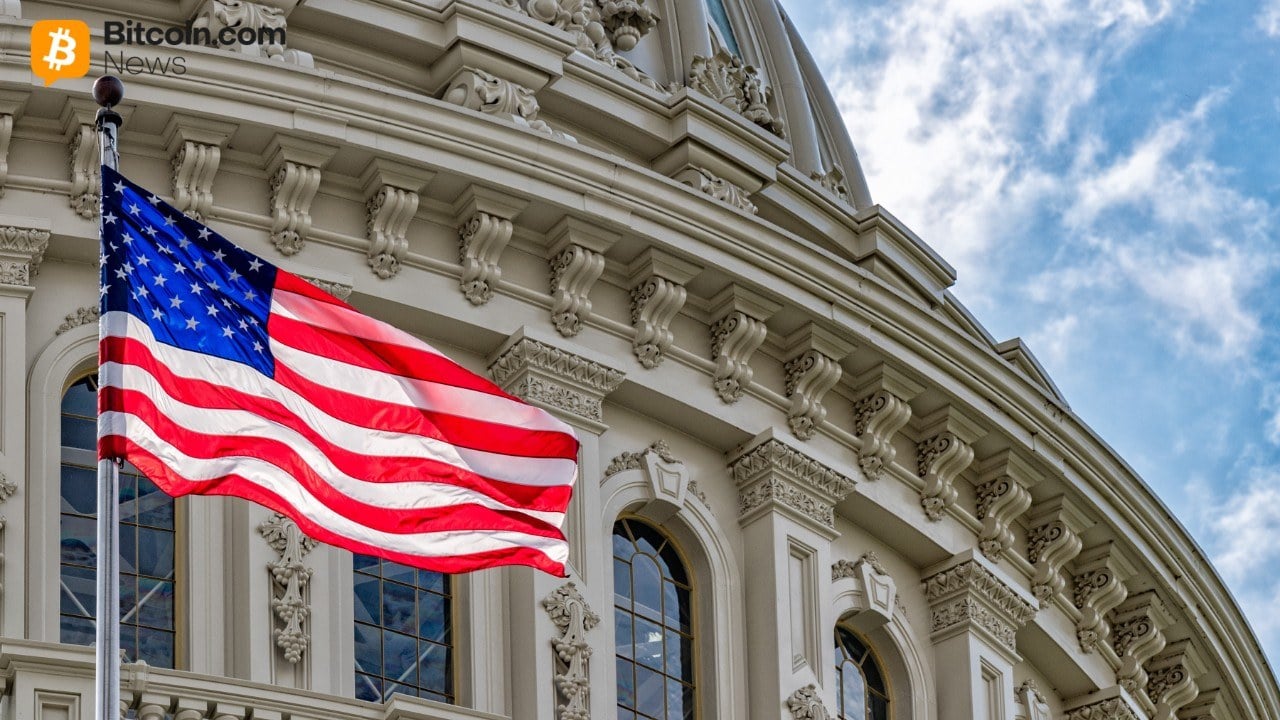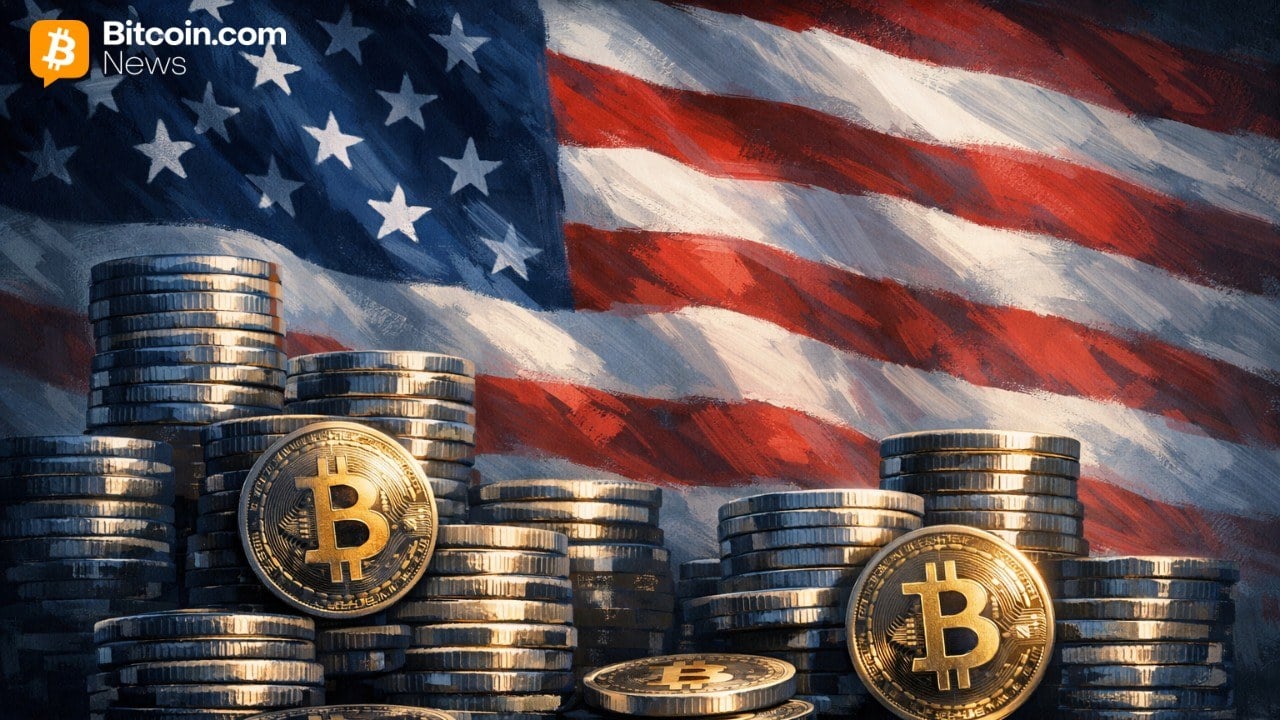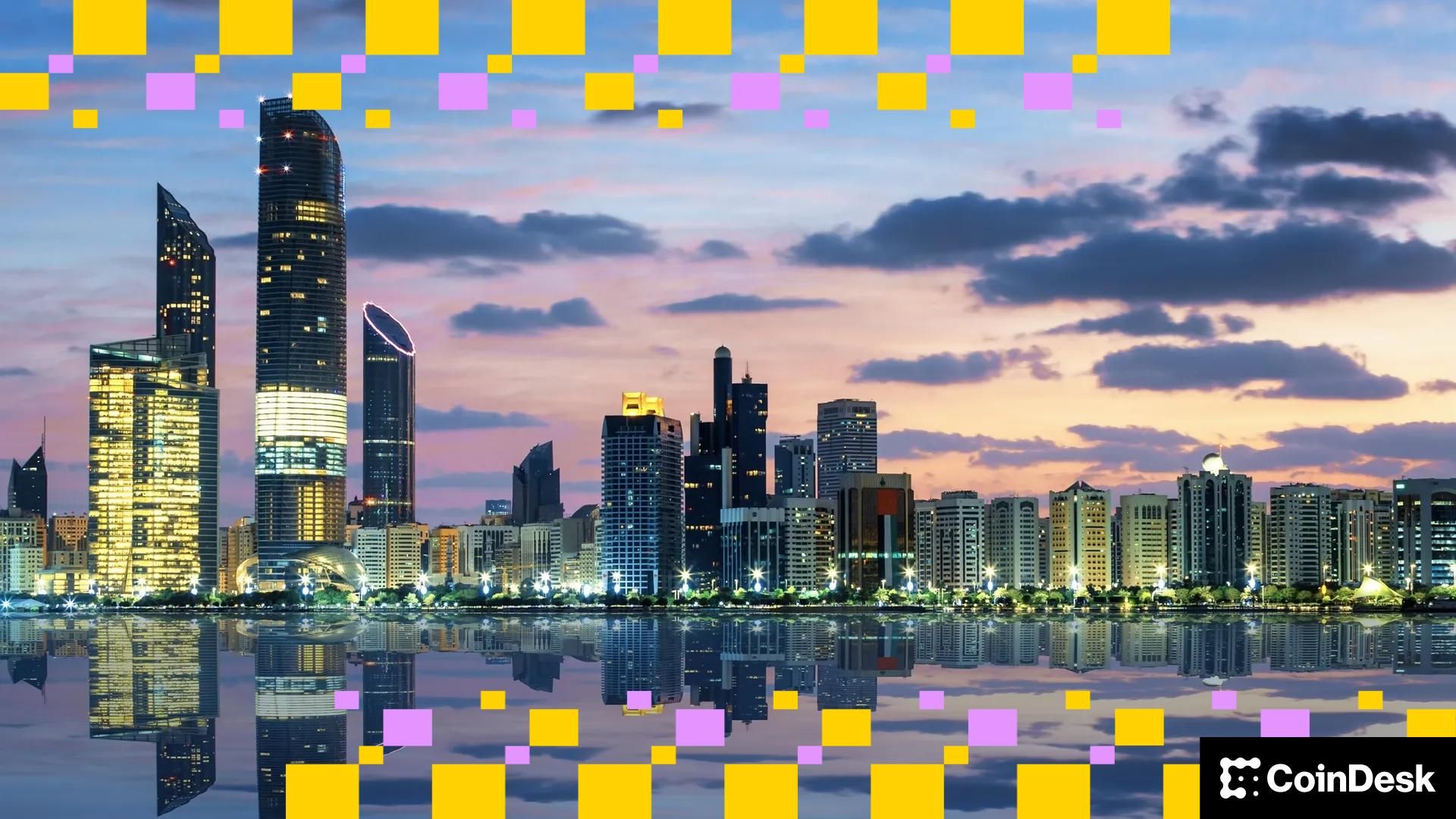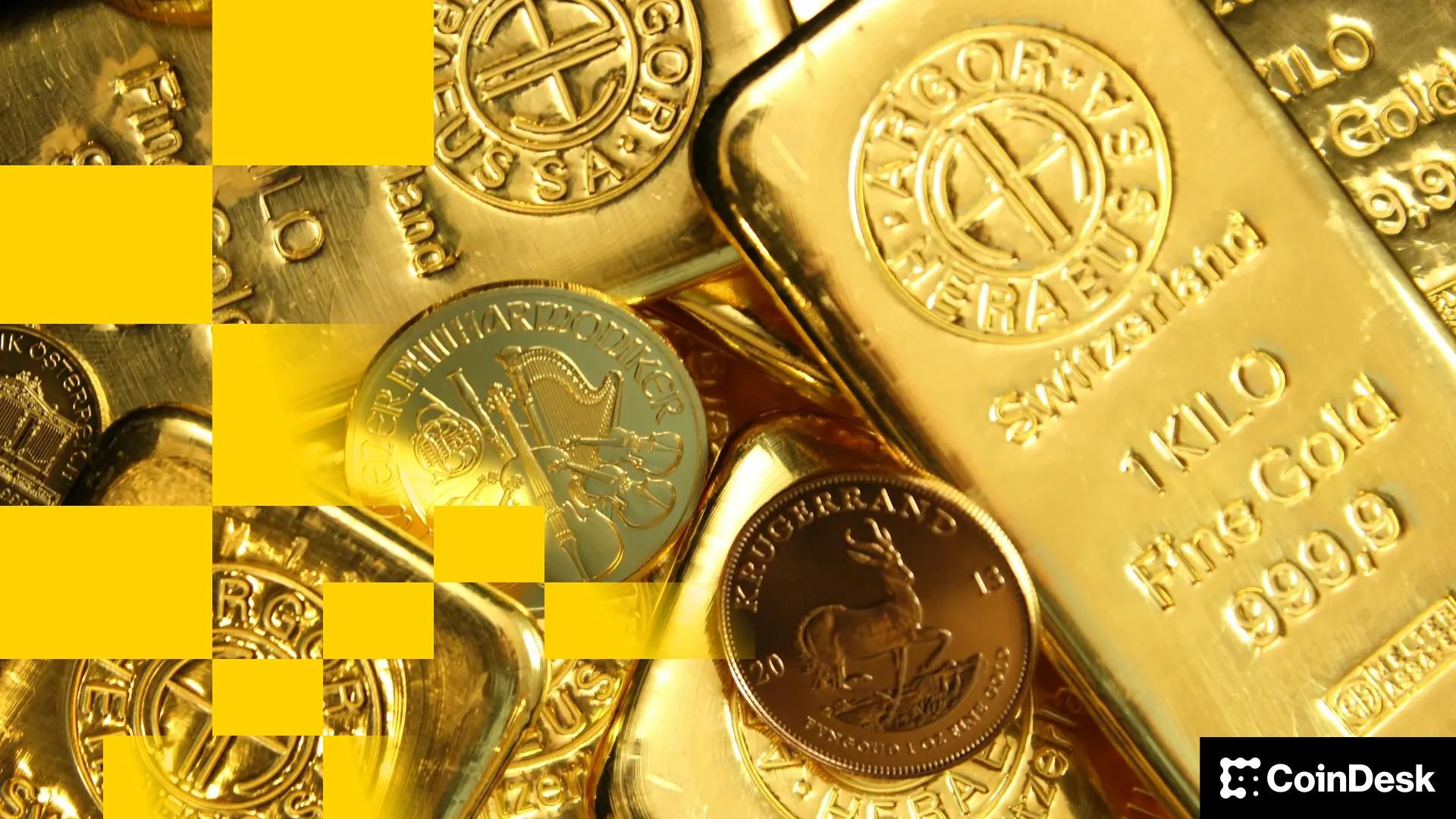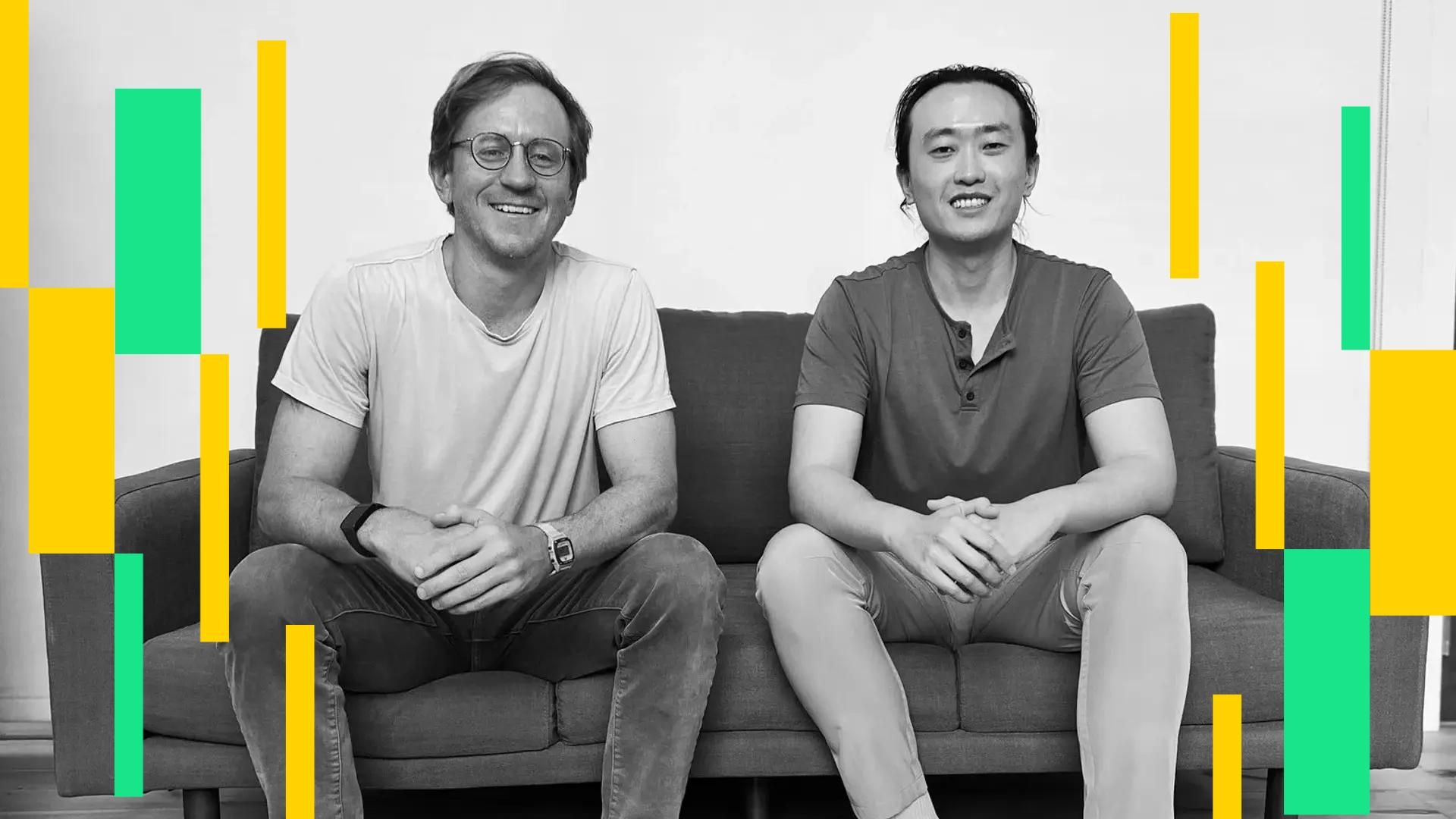Cardano in Africa: Transforming Education, Finance, and Connectivity AllinCrypto April 8, 2025
Cardano has gone beyond the web3 industry and into new initiatives in Africa to assist with advancements in education, finance, and connectivity.
Let’s dive into the various projects that Cardano is building in Africa along with the positive changes it has introduced throughout the continent.
The Cardano Foundation and its work in Africa
Charles Hoskinson, Etherium co-founder, founded Cardano (ADA) and the platform was launched in 2017. Cardano’s vision is a blockchain for change, to redistribute power, security and sustainability to decentralized applications, systems and societies.

In Africa, a continent with a population of over 1.4 billion people, many do not have access to traditional banking, or proper ID and there is a lack of government transparency.
Cardano addresses the issues with a secure and transparent blockchain that has accessible solutions to help empower communities.
Cardano Blockchain Projects in Africa
1. Digital Identity and Education
Cardano partnered with the Ethiopian Ministry of Education The IOG in 2021 and created a decentralized identity solution. Identification through blockchain was created for more than 5 million students and teachers.
The digital identity allows them to obtain student records, grades and assist with employment tools. The technology is immutable – meaning it is tamper-proof.
The implementation of Cardano’s blockchain proves the educational effectiveness of blockchain use in public infrastructure.
2. Empowering Local Economies
EMURGOLABS Africa, a founding entity of Cardano, focuses on the advancement of blockchain technology across Africa providing support and funding to local entrepreneurs developing decentralized applications (dApps) on Cardano.
The dApps that are built are to help with various problems in the region that need solutions for mobile payments, supply chain management, and land registries. The support from this initiative helps with job creation and sustainable business.
3. Connecting Africa
The partnership between Cardano and World Mobile in Tanzania provides affordable, decentralized connectivity through solar-powered networks.

Payments are done with Cardano’s Yori digital wallet, which allows digital payment and identity authentication with ADA, Cardano’s cryptocurrency.
The integrated system means unbanked people can participate in the digital economy. Small businesses and residents can get essential resources that they could not easily access before.
Challenges and Criticisms
Cardano does not go without its challenges and criticisms. The Centre for International Governance and Innovation voices its data privacy and humanitarian concerns. Highlighting if the “political winds change” the data could get into the wrong hands and be used against the populations.

In the article “The Headache of Crypto Colonialism” the journalist explores the concept of Innovators infiltrating vulnerable communities not to fix things but sees opportunity in poverty and corruption as an ideal condition for exploitation. Cardano has addressed some of the concerns with ensuring pilot projects, and community and NGO oversight.
Looking Ahead
The Cardano operations in Africa are expected to continue growing with expansion in 2025. The technology of Cardano functions as a change-making tool which enables decentralization and verification beyond its initial purpose as a payment system to become a transformative technology.
The African achievements of Cardano prove how blockchain technology operates in ways that differ from previous crypto system applications.
Despite its criticisms, the project is an important example of blockchain development potential for real-world transformation.
The post Cardano in Africa: Transforming Education, Finance, and Connectivity first appeared on AllinCrypto.

